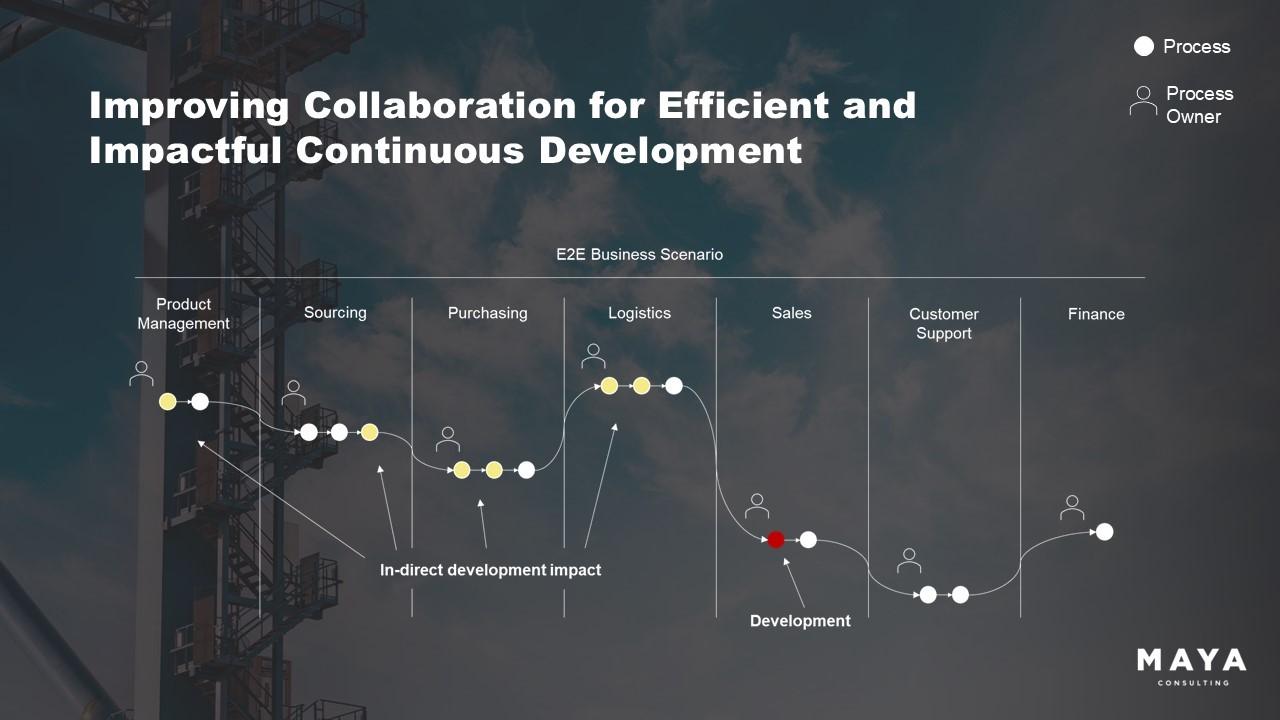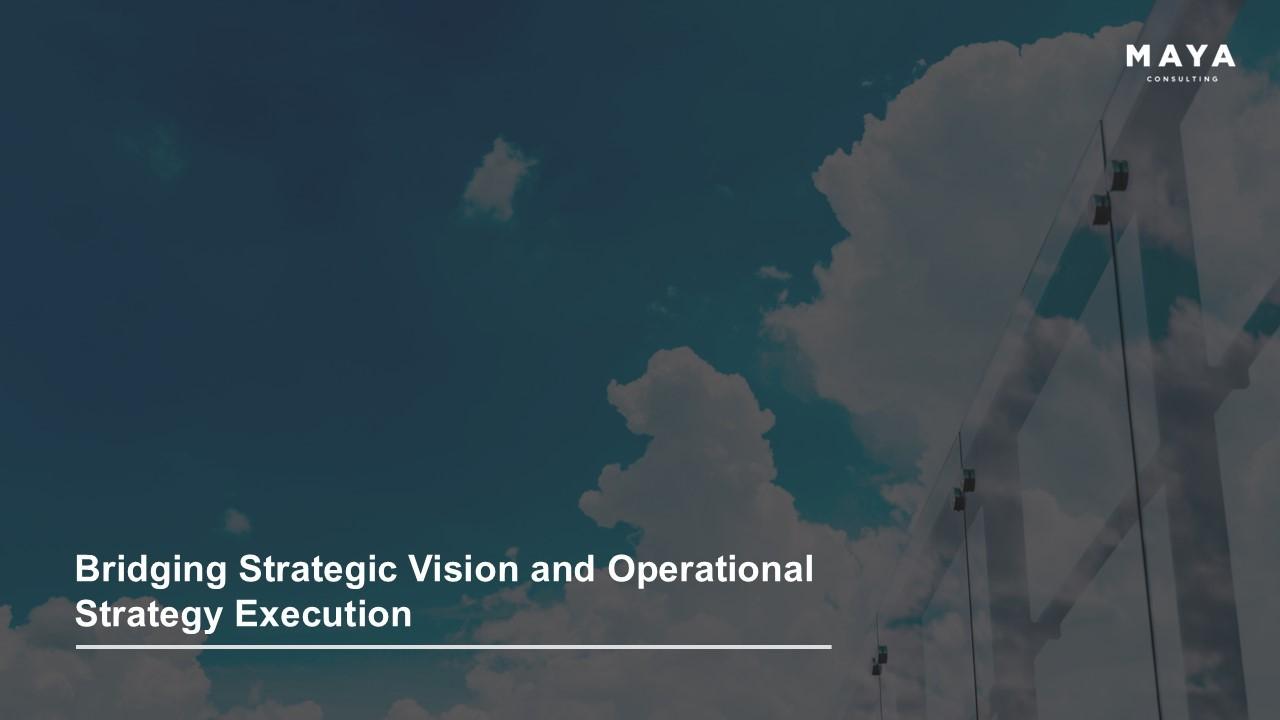In the words of Henry Mintzberg, we succeed or fail during transformation depending on how prepared we are to embrace change. Critically, a comprehensive understanding of the impact of change on the organization is often missing in the early stages of transformation projects.
For instance, often the changes brought about by a transformative initiative to processes and ways of working are not recognized early enough. Furthermore, the communication of this change, and the design of future processes often remain incomplete. Planning for and adopting new ways of working and processes takes time. Therefore, we often recommend to prioritize these considerations in the planning stages of transformative projects, also taking them into account in e.g. technology selection.
Change is an opportunity, and it should reflect positively in our business architecture. We should ensure our understanding of how, for example technology choices and technical specifications support the strategic direction of the business. Acknowledging the changes to processes helps to plan the schedule for the implementation phase more realistically. If important changes to business models and processes are discovered too late during the transformative project, the risks of major issues usually increase.
Here also hides another business risk that is rarely identified; the competitiveness of an organization suffers if the performance of enterprise systems does not meet market demands and the development of said systems is slow. Slow development is costly when competitors move forward quickly. Having a structured understanding of an organization’s business processes and how they should be developed using digital solutions mitigates these risks, and promotes attainment of increased organizational performance.
At Maya, we do expert work precisely on these matters. With business-driven IT planning started in time and done comprehensively, considering the organization’s overall readiness to embrace change, we can avoid surprises and ensure our projects truly support the attainment of strategic business goals.



